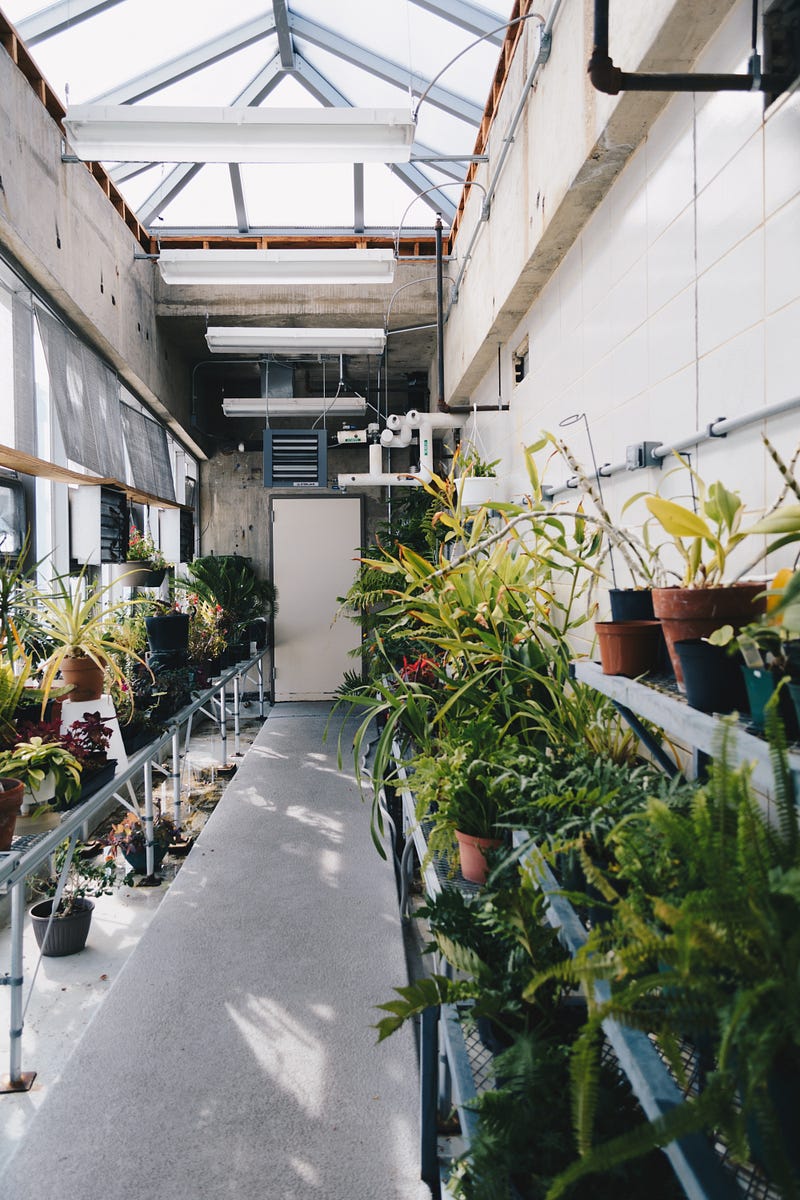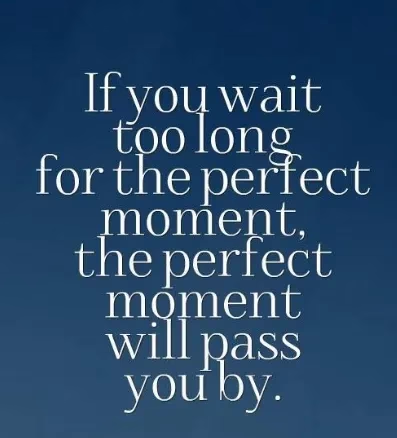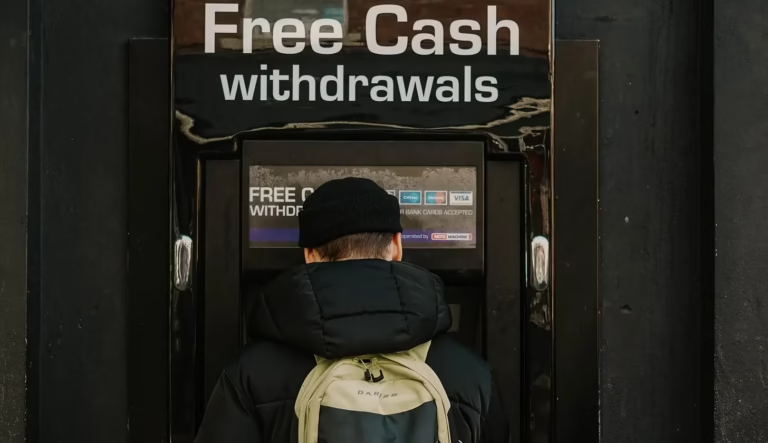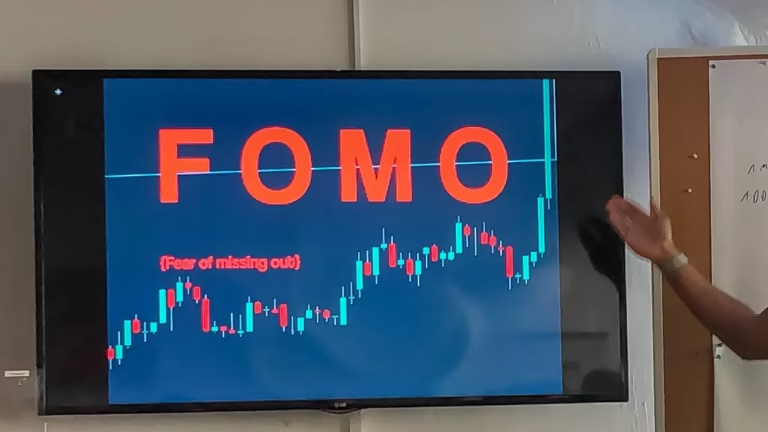And Turn Hope Into Reality
Can you still recall the beginning of 2020?
Were you thinking something like this:
The economy is doing pretty well, employment is high, I might see if there are opportunities for a raise or promotion, maybe even pursue switching to a better position. I have been saving and maybe it’s time to look for a house. Interest rates are low and the FED just said they would remain low and the economy will do well in 2020. I expect a pretty good year.
Does that sound like it could have been you about 14 months ago, or so?
Most people expected 2020 to be a good year. That expectation turned into disappointment for many people.
It wasn’t just the economy: The lockdowns, the health crisis, the inability to travel, go out, do much of anything was hard on everyone. It is, still to this day, the unknown.
We all do pretty well when we have a good grasp of the now, a vivid imagination of what could be, and a realistic set of expectations that are based on what we can influence.
Most of that grasp of what we really have now and what the future might hold vanished or turned very murky in the last 12 months.
Will we go back to work and be in cubicles and have in-person team meetings and company events?
Will we travel as we used to, or is the future of travel relegated to how far a car can take us safely?
Will we have large parties and gatherings again or will we always have to distance 6 feet to remain safe?
Will our lives continue to be a sequence of zoom meetings, or will we have more variety again in the future?
What can we expect? What should we expect?
Here is what has helped me, and maybe it can help you too.
I believe there are two kinds of expectations:
- The expectation that something can happen or develop based on external events, developments, circumstances.
- The expectation that something happens because the required triggers are in place.
For the first kind, I suggest getting comfortable with the understanding that you might contribute to some extent, but that it is easily possible all the external factors ultimately lead to a result that was unexpected.

Case-in-point is my experience in March 2020, exactly 1 year ago. I had completed several significant projects in 2019 and was ready for a great 2020. To make sure it would happen, I had lined up a list of new potential clients and already negotiated a list of new projects. To get the new clients under contract, I flew to San Francisco and had 4 meetings with different organizations in 3 days.
At the end of that trip, all looked good. I was optimistic that at least 2 new deals would come through, maybe even 3.
I didn’t know it at the time, but I was literally on one of the last flights out of the Bay Area back home.
Within the next 4 weeks, all of these potential clients notified me that none of the deals we talked about during my visit were moving forward and three deals we had already negotiated before the trip was canceled due to uncertainties regarding the pandemic.
I knew I had done what I could, but external circumstances I had no power or influence over destroyed what I had expected to happen. Clearly a case of #1-expectations.
Compare that to an example of #2 expectations.

In our work, there is a reason we call the approach we suggest reaching the Time Freedom Point: Ideal Wealth Grower.
The “Grower” part is something that we can influence. It’s analogous to growing something in your garden or on your balcony — another one of those things many of us didn’t expect to have gotten into 12–14 months ago.
To grow your own salad or veggies, you need a container, soil, water, fertilizer, and some seeds. You follow the instructions from an expert on YouTube or Instagram, etc. and you can figure out how to get started.
Yes, there are also external influencers, like wind and rain, possibly even frost.
The reason it’s a #2-expectation is your ability to correct, protect, and anticipate all these external contributors.
You can provide enough water for your plants to thrive.
You can put a protective cover over your plantings when the weather channel forecasts frost or bring the planters into the house if you are growing on your balcony.
You can put some protection up against wind damage.
You can nurture the plants until you harvest the fruit of your efforts.
That’s what I recommend in the bigger picture of expectations and how to make sure that your hopes become reality.
We can’t always predict what will happen — i.e. 2020.
To be happy, satisfied, and full of positive energy, we only need a few successes to occur in our life on a regular basis.
You grow something successfully — that meets expectations and satisfies your hopes.
You harvest what you grew, and that satisfies your expectation of applying your new cooking skills.
Share what you cooked with someone and receive the joyful like or thumbs up or clap in return.
Look for things you can start as a project and keep an eye out to make sure you can control as many of the things that have an impact on success as possible. This way you will be happier and amazingly, even the things that fall under the #1-expectation category magically work better and have better results.
Why do I say that? For me, after having every expected project canceled in March and April last year, most came back, turned into contracts, and even some unexpected ones were added in Q4/2020 and we have been busier than I can remember for a long time.
Yes, we hoped for that to happen and we worked hard on the things we could influence. We did a lot of #2-expectation things and maintained all tech connections and relationships we had developed so when the decision-makers were ready, we were “top-of-mind” and were asked to start projects as soon as it was feasible.
I encourage you to keep doing #2-expectations things while seeking #1-expectation opportunities and you dramatically increase the chances that your hopes will turn into reality.
Drop us a line and let us know how it’s working out for you.




